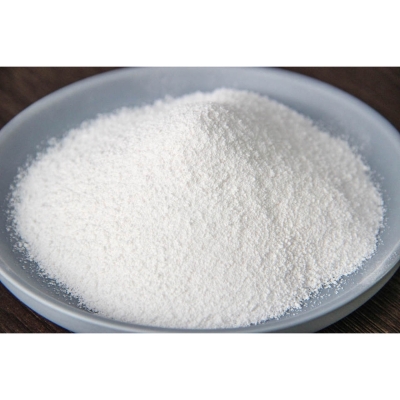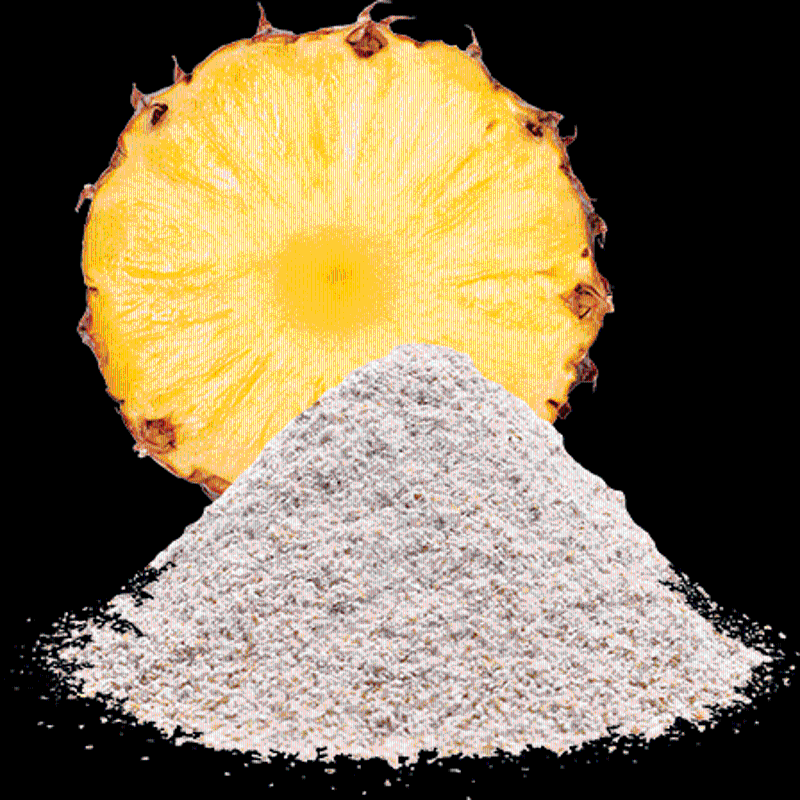Classification of enzyme preparations
-
Last Update: 2018-07-02
-
Source: Internet
-
Author: User
Search more information of high quality chemicals, good prices and reliable suppliers, visit
www.echemi.com
Introduction: enzyme preparation is a kind of food additive commonly used in our food production and processing Now it is also used in industrial and agricultural production So what's the function of enzyme preparation? What's the classification of enzyme preparation? Let's explain it in detail Enzyme comes from nature, and it is a natural catalyst for thousands of biochemical reactions in the organism There are three natural sources of enzyme: animal, plant and microorganism At present, the enzyme preparation for large-scale industrial production is produced by microbial fermentation Food enzyme preparation is a kind of biological enzyme preparation which is produced as food processing assistant according to the requirements of food additive hygienic standard, enzyme preparation production environment and equipment by the source bacteria meeting the requirements of food additive GB2760 What are the classifications of enzyme preparations? The small edition of safety net of Baibai introduces some kinds of enzyme preparations to you 1 Classification by source (1) animal enzymes: produced and secreted by various secretory glands of animals, almost including all kinds of enzymes required by animals (2) Artificial enzyme: the enzyme extracted artificially is mainly digestive enzymes 2 According to the mechanism of action (1) hydrolases are mainly composed of amylase, protease, lipase, cellulase, phytase, pectinase, etc (2) Oxidoreductase oxidoreductase refers to the enzymes involved in the oxidation-reduction of organic matter There are mainly dehydrogenase and cytochrome oxidase, which exist in the body fluids and tissues of animals and plants, but seldom used in feed additives (1) digestive enzymes: these enzymes can be synthesized and digested in the body of livestock and poultry, but they need to be strengthened and supplemented for some reasons These enzymes mainly include amylase, protease and lipase (2) Non digestible enzyme: the enzyme that can not be secreted into the digestive tract by animals themselves, mostly from microorganisms, which can digest substances that can not be digested by animals themselves or degrade some antinutritional factors (1) single enzyme preparations, such as amylase, lipase, protease, cellulase and phytase (2) Compound enzyme preparation: it is composed of one or several single enzyme preparations as the main body and other single enzyme preparations, or it is obtained by fermentation of one or several microorganisms The compound enzyme can degrade a variety of substrates which need to be degraded at the same time, i.e a variety of anti nutritional factors and nutrients, which can maximize the nutritional value of feed Feed enzyme products at home and abroad are mainly compound enzyme products What's the function of enzyme? In food production, when enzyme is added to food as a food additive, it only plays a role in the processing process, that is, it helps a substance to complete a transformation, and once it completes its mission, it will succeed and lose its vitality in the final product No harmful residues in food Food enzyme preparation is playing a more and more important role in food production and people's life because of its unique catalytic characteristics, fast catalytic speed, natural environmental protection and other characteristics Enzyme preparation is an indispensable additive in our production and life It has a driving role in the development of human beings We are not very clear about the understanding of enzyme preparation Therefore, we should learn more about food safety and correctly understand enzyme preparation Editor in charge: he xianrob
This article is an English version of an article which is originally in the Chinese language on echemi.com and is provided for information purposes only.
This website makes no representation or warranty of any kind, either expressed or implied, as to the accuracy, completeness ownership or reliability of
the article or any translations thereof. If you have any concerns or complaints relating to the article, please send an email, providing a detailed
description of the concern or complaint, to
service@echemi.com. A staff member will contact you within 5 working days. Once verified, infringing content
will be removed immediately.







